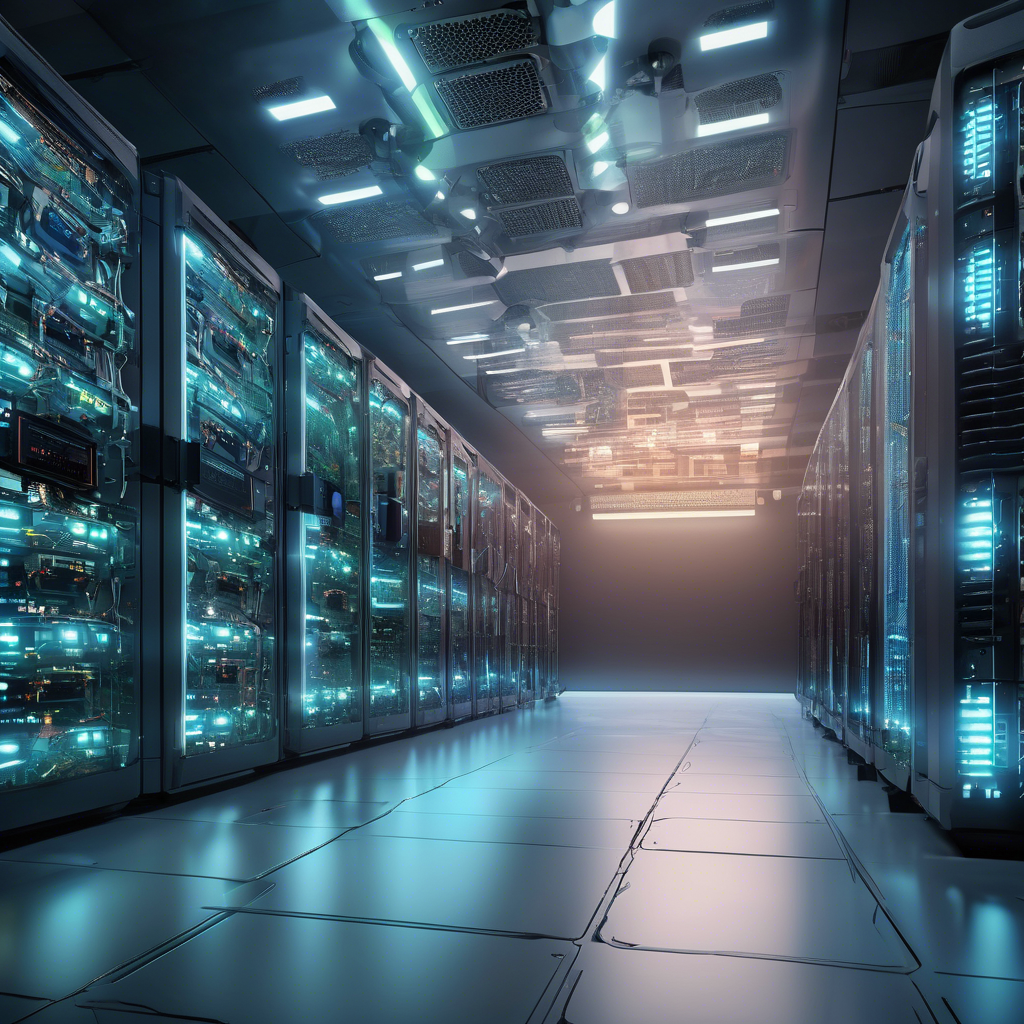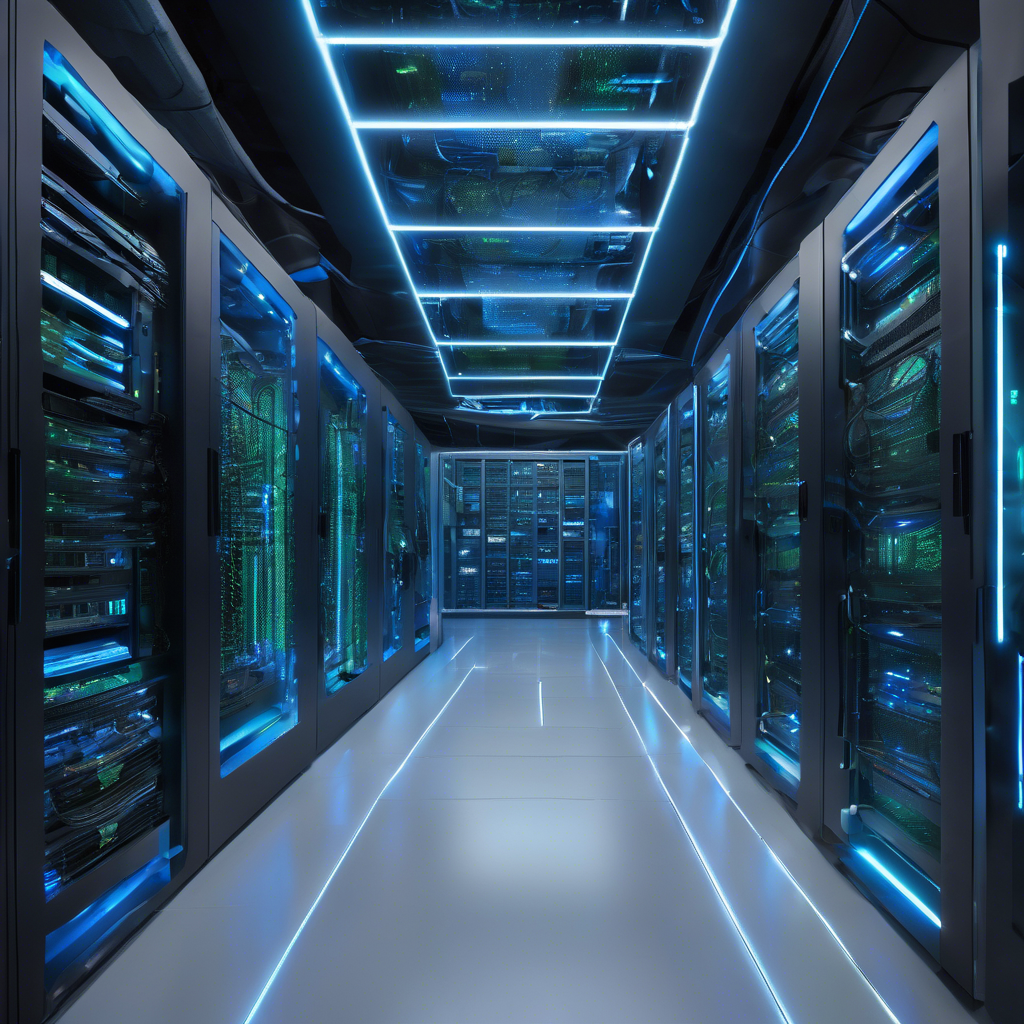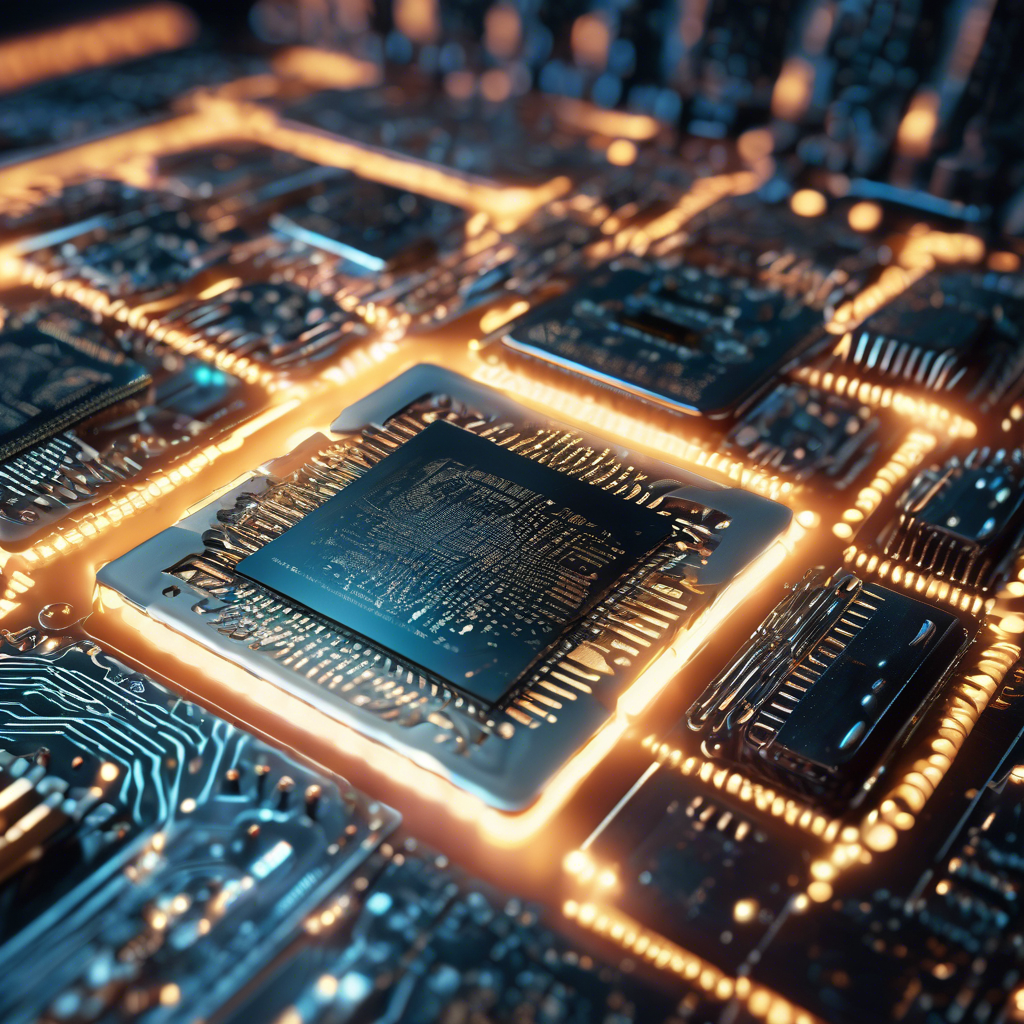US-UAE Landmark Agreement Enables Sale of Advanced AI Semiconductors Amid Strategic Gulf Partnership

During a recent visit to Abu Dhabi, U. S. President Donald Trump announced a landmark agreement between the United States and the United Arab Emirates (UAE), marking a major milestone in technological collaboration. On May 15, 2025, the U. S. authorized the sale of some of the world’s most advanced artificial intelligence (AI) semiconductors to the UAE, reflecting the Gulf nation’s ambition to enhance its technological infrastructure. This deal is significant within the complex geopolitical context of the region, where balancing relations with global powers like the U. S. and China is crucial. The agreement permits UAE companies to acquire cutting-edge AI semiconductor technology from U. S. firms, expected to accelerate development in key sectors such as energy, AI, and advanced manufacturing. Crucially, it includes strict provisions ensuring that data centers processing these AI chips remain under American oversight, addressing concerns over data privacy and national security. President Trump framed this deal as part of the UAE’s $1. 4 trillion, ten-year investment framework unveiled in March 2025, a comprehensive plan aimed at boosting the UAE economy by investing heavily in future-critical sectors including energy diversification, AI, and manufacturing excellence. The partnership is anticipated to enhance UAE’s technological capabilities and yield significant economic benefits for both countries. Announced at the end of President Trump’s multi-day Gulf tour—including visits to Saudi Arabia and Qatar—this deal underscores the U. S. commitment to strengthen ties with Gulf Cooperation Council (GCC) nations amidst evolving regional and global challenges. Trump emphasized that the agreement symbolizes the enduring partnership and shared vision between the U. S. and the UAE. Geopolitically, the agreement positions the UAE as a regional and global leader in AI by enabling access to advanced semiconductors that will power next-generation technologies across sectors such as smart infrastructure, autonomous transportation, and advanced manufacturing. This technological leap is projected to create jobs, promote innovation, and drive regional economic diversification beyond oil dependence. The involvement of U. S.
companies in managing data centers ensures secure oversight of sensitive technologies, mitigating transfer risks and highlighting the essential role of trust and cooperation in international technology agreements, especially concerning AI and data security. For the U. S. , the deal represents both commercial and strategic gains: opening lucrative markets for American semiconductor and AI companies while reinforcing diplomatic and economic bonds with a key Gulf ally. It aligns with broader U. S. goals of maintaining technological leadership and fostering alliances capable of addressing global challenges such as cybersecurity, AI ethics, and innovation. The UAE’s $1. 4 trillion investment framework reflects a forward-looking vision to become a hub for science, technology, and innovation through infrastructure projects, research centers, tech parks, and educational programs that cultivate local high-tech talent. Procuring AI semiconductors from the U. S. complements these initiatives by providing essential hardware to develop world-class AI applications and services. Timing is geopolitically significant, as the Gulf region navigates shifting alliances and economic priorities amid efforts to diversify partnerships and reduce vulnerabilities. The UAE’s fostering of strong U. S. ties while maintaining cooperative relations with China illustrates this delicate balance. By securing access to state-of-the-art U. S. technology, the UAE bolsters its strategic autonomy and technological sovereignty. President Trump’s Gulf tour, culminating in this agreement, signals renewed U. S. focus on reinforcing economic and security partnerships in the region. Engagement with Saudi Arabia, Qatar, and the UAE highlights the strategic importance of the Gulf states, with the rise of the AI sector offering shared opportunities for collaboration, growth, and mutual benefit. In conclusion, the new U. S. -UAE agreement facilitating the sale of advanced AI semiconductors represents a groundbreaking development with wide-reaching implications. It strengthens the UAE’s ambitions to emerge as a global AI leader and fortifies a strategic partnership promising economic growth, technological advancement, and enhanced regional security. Supported by the UAE’s $1. 4 trillion investment plan and stringent U. S. oversight, this deal exemplifies the evolving nature of international relations in the digital era, where technology transfers carry profound geopolitical and economic weight.
Brief news summary
On May 15, 2025, U.S. President Donald Trump announced a landmark agreement in Abu Dhabi, allowing American companies to sell advanced AI semiconductors to the UAE. This deal supports the UAE’s $1.4 trillion investment plan focused on energy diversification, AI development, and manufacturing growth over the next decade. It provides UAE firms access to cutting-edge AI hardware, with U.S. oversight of data centers to ensure security and privacy. Strategically, the agreement strengthens U.S.-UAE relations amid global challenges, including tensions with China. The partnership aims to enhance the UAE’s smart infrastructure, autonomous transportation, and advanced manufacturing, fostering innovation, job creation, and economic diversification from oil dependency. For the U.S., it opens new markets and increases geopolitical influence in the Gulf. This collaboration illustrates the fusion of technology transfer, economic growth, and diplomacy in the digital age.
AI-powered Lead Generation in Social Media
and Search Engines
Let AI take control and automatically generate leads for you!

I'm your Content Manager, ready to handle your first test assignment
Learn how AI can help your business.
Let’s talk!

House Republicans include a 10-year ban on US sta…
House Republicans have added a highly controversial clause to a major tax bill that would ban state and local governments from regulating artificial intelligence (AI) for ten years.

Polish Credit Bureau to Implement Blockchain for …
The Polish Credit Office (BIK), known as the largest credit bureau in Central and Eastern Europe, has recently announced a strategic partnership with UK-based fintech company Billon to integrate blockchain technology into its customer data storage systems.

Elon Musk's AI company says Grok chatbot focus on…
Elon Musk’s AI company, xAI, has admitted that an “unauthorized modification” caused its chatbot, Grok, to repeatedly post unsolicited and controversial claims about white genocide in South Africa on Musk’s social media platform, X. This admission has sparked extensive debate over potential AI bias, manipulation, and the need for transparency and ethical oversight in AI technologies.

FirstFT: AI groups invest in building memory capa…
Major AI companies such as OpenAI, Google, Meta, and Microsoft are intensifying efforts to develop and improve memory capabilities in their AI systems, marking a significant advancement in AI technology.

JPMorgan Settles OUSG Tokenized U.S. Treasuries o…
JPMorgan Chase has completed its first transaction on a public blockchain by settling tokenized U.S. Treasuries through its Kinexys platform, which connected to Ondo Finance's public blockchain using Chainlink's technology.

U.S., UAE agree on path for Emirates to buy top A…
ABU DHABI, United Arab Emirates — The U.S. and the United Arab Emirates are collaborating on a plan that would allow Abu Dhabi to purchase some of the most advanced American-made semiconductors for its AI development, U.S. President Donald Trump announced Friday from the Emirati capital.

Timeline of wealth: Navigating AI, blockchain, gr…
Preparing your Trinity Audio player...

 Auto-Filling SEO Website as a Gift
Auto-Filling SEO Website as a Gift








 Auto-Filling SEO Website as a Gift
Auto-Filling SEO Website as a Gift

